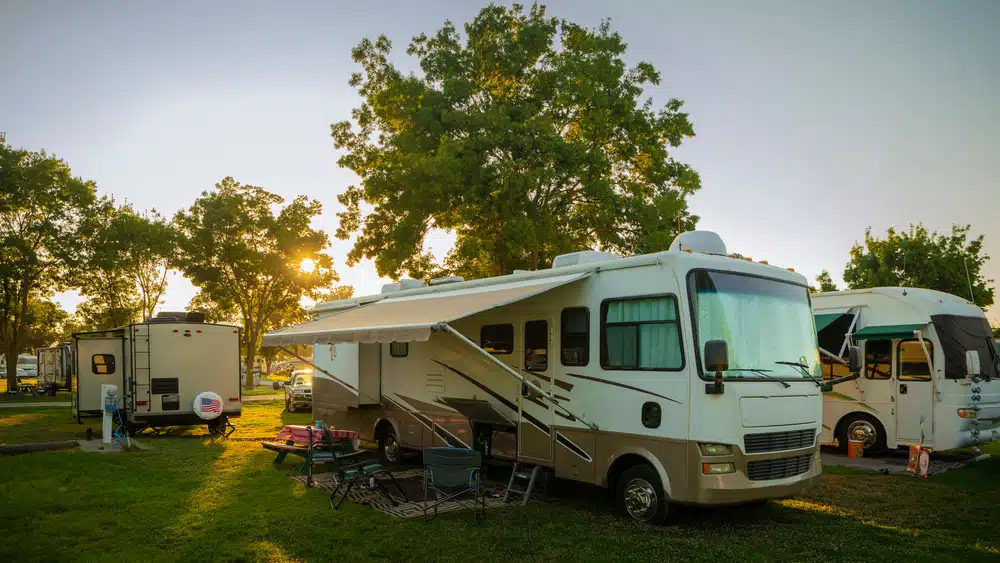In a flurry of activity driven by the construction of an $8.5 billion chemical plant, Orange County is undergoing a transformative change in its landscape.
Land across the county is being cleared to establish RV parks that will accommodate an incoming tide of construction workers. However, local government officials are grappling with new state legislation that restricts their authority to implement local regulations for these rapidly emerging RV parks.
Orange County engineer, Corey Oldbury, who has been charged with the task of crafting new regulations for the RV parks, finds the process stalled due to the new state law.
Governor Greg Abbott recently signed a bill, which was passed by the Texas Senate and House of Representatives, placing constraints on the rule-making powers of local entities, including counties and cities.
The new state legislation prohibits local authorities from implementing laws that are more stringent than state laws. A far-reaching effect of this statute prevents cities such as Austin and Dallas from enforcing ordinances that mandate employers to provide water breaks for outdoor workers during hot weather.
Assistant Orange County Attorney, Denise Gremillion, elucidated the implications of this law during a commissioners’ meeting. She stated, “It does tie our hands,” underscoring the limitations this law has imposed on local law-making abilities.
For private campground owners or RV park operators in Orange County, the new state law outlines specific regulations they must adhere to. One of the stipulations requires that park owners supply water and sewer connections for each individual RV site. These state mandates, as the law dictates, are now the highest form of regulation, as local authorities cannot supplement them with additional rules.
Despite the restrictive nature of the new state law, Orange County remains undeterred in its commitment to ensuring that the new wave of RV parks adhere to a certain standard.
The county is in the process of revising its rules for these parks and is scheduled to conduct a public hearing on the proposed regulations on August 8.
The recent developments in Orange County signal the wider implications of the state law, particularly on the rights and responsibilities of local authorities. It also provides a case study for other counties grappling with similar issues, raising critical questions about balancing local decision-making with state-level policies.
As Orange County continues to navigate this complex landscape, it is clear that the issue extends beyond the boundaries of RV parks and touches on broader themes of governance, community engagement, and sustainable development. The county’s response, it seems, will be crucial in setting the tone for how Texas navigates these challenges in the future.


